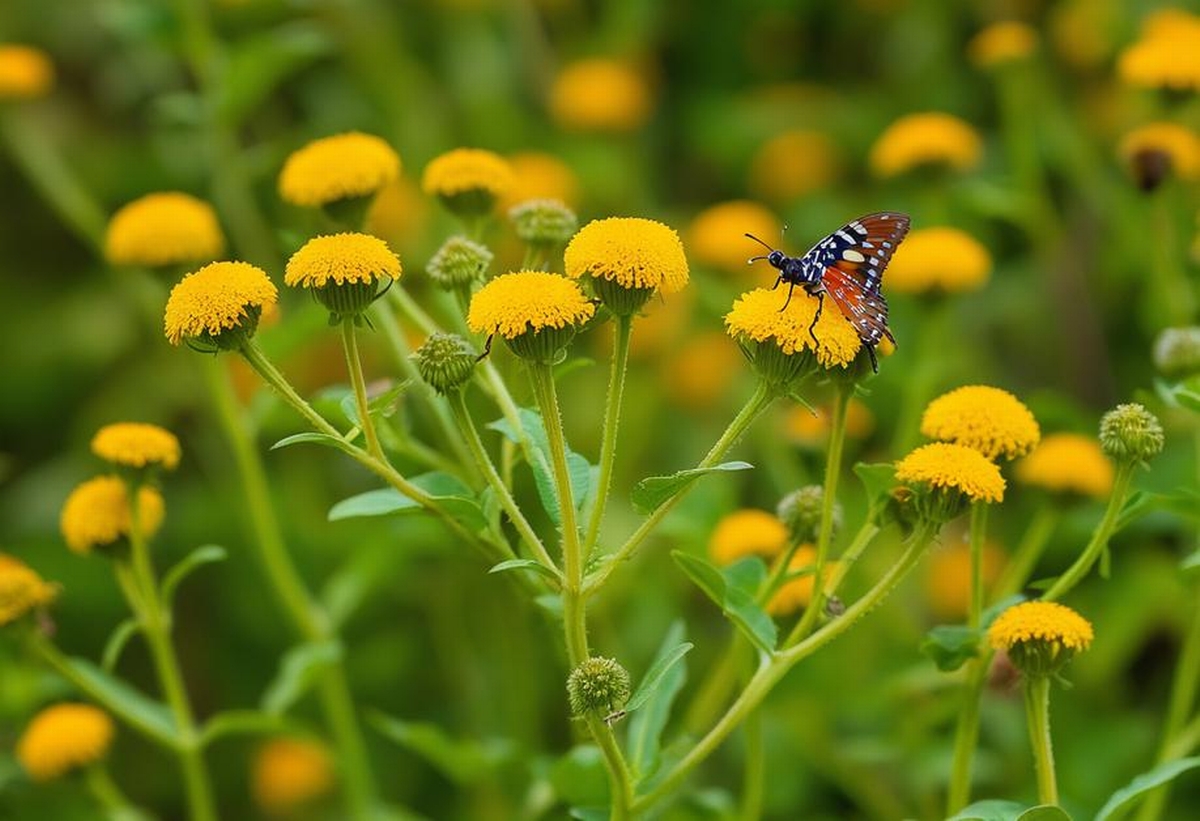February 3, 2026
Small Trees for Landscaping: Popular Choices
One of the most effective ways to enhance the aesthetic appeal of your garden, while maintaining practical usability, is by incorporating smal...

When it comes to landscaping, the debate often centers around whether to use native plants or exotic species. Each choice brings its own benefits and potential pitfalls, and your decision can drastically impact your local ecosystem and the success of your gardening efforts.
Choosing between native and exotic plants is an important decision for anyone reaching out to landscaping contractors in Marshfield and beyond. Native plants are often praised for their ease of care, as they have evolved to thrive in the specific conditions of a region. On the other hand, exotic species can offer unique aesthetics and diversity, making them an attractive option for those looking to create a striking landscape. This blog will delve into the advantages, challenges, and ecological impacts of both options, providing insights to help guide your landscaping choices.
Whether you're deciding which route to go with your garden or considering professional landscaping services, understanding the implications of your choices can ensure that you cultivate a landscape that is both beautiful and sustainable. Through this exploration, we aim to provide you with a comprehensive understanding of how plants affect not just your garden but the broader ecosystem.
Native plants have gained popularity for their benefits in sustainable landscaping. These plants are those that occur naturally in a given region and have adapted to the local climate, soil conditions, and wildlife. This adaptation makes them a low-maintenance option, reducing the need for artificial fertilizers, pesticides, and excessive watering.
Leveraging native plants in landscaping does more than just beautify - it brings a part of the region's natural heritage into your own backyard. Sites like Beaver Creek Nursery & Landscaping LLC can offer valuable advice on suitable local plant selections.
On the flip side, exotic species - plants that have been introduced from other regions or countries - can add unique elements to landscaping projects. These plants often boast striking flowers, unusual foliage, and novel forms that can turn an ordinary garden into captivating scenery.
Choosing exotic plants should therefore involve careful consideration of their origin and invasive potential. This awareness can help create a majestic yet ecologically harmonious garden.
The discussion of native versus exotic species in landscaping often boils down to the ecological impacts your garden may have. Plants, whether native or exotic, do not exist in isolation. They interact with different elements of the ecosystem, influencing everything from soil health to wildlife support.
The choice between native and exotic plants thus influences not only garden aesthetics but also broader ecological health. For homeowners considering landscaping services in Marshfield and its surrounding areas, incorporating sustainable plant choices during the landscaping process can enhance the long-term benefits of their investment.
For those who find the decision between native and exotic plants challenging, there's no need to choose one exclusively. Many successful gardens blend both plant types, capitalizing on the strengths of each.
Such thoughtfully constructed landscapes can yield not just beauty, but vibrant, sustainable environments that benefit both the land and those who enjoy it.
In the end, whether you lean towards native plants for their ecological benefits or favor exotic species for their unique aesthetics, the choice should align with your personal style and the environmental context of your garden.
At Beaver Creek Nursery & Landscaping LLC, we understand the intricate balance needed in landscaping. We offer expert guidance and comprehensive services in landscaping, lawn care and maintenance, and soft wash and power washing in Marshfield and the Northwoods area to translate your vision into a functional and sustainable landscape.
Explore our tailored solutions, and let's nurture a garden that tells your story while caring for the precious land it occupies. Contact us today to start your landscaping journey and get a free consultation on how best to integrate native and exotic plant species into your design.
Permit requirements for tree removal vary based on your location and the size of the tree. We can help determine if a permit is necessary and guide you through the process to ensure compliance with local regulations.
If your lawn has bare patches, thinning grass, or persistent weeds, it may be time for new lawn installation or repair. Our team will assess your soil and recommend the best grass type for your property.
The duration depends on the method used. Sod installation provides an instant green lawn and is typically ready for use in a few weeks, while seeding takes longer but is a cost-effective option.
Typically, we recommend weekly or biweekly services for mowing, pruning and trimming, and general upkeep. Seasonal maintenance, such as aeration, fertilizing, and leaf cleanup, is also essential to keep your yard looking its best year-round.
The best time to plant trees and shrubs is usually in early spring or fall when temperatures are mild, and roots have time to establish before extreme weather conditions. We can help you select and plant the right greenery for your yard.
February 3, 2026
One of the most effective ways to enhance the aesthetic appeal of your garden, while maintaining practical usability, is by incorporating smal...
January 15, 2026
How about stepping into a garden that seems meticulously crafted, not just with beautiful aesthetics but with an understanding tailored to the spirit ...
January 1, 2026
Did you know that well-designed landscapes can increase property value by up to 20%? Imagine transforming your yard into an enchanting garden that not...